How should your marketing Actually help you as a Business Owner?
Last updated: September 6th, 2024

As a business owner of a small-medium tech/engineering/manufacturing company, you’ve got a lot on your plate. You care about all aspects of the business.
There are so many moving parts to make it all work together, from HR to finance, engineering/dev, purchasing, sales…
Some functions you understand better than others, either based on your own past experience, or the direct nature of the role.
Marketing’s role is fuzzy to you, and you don’t like that. What should marketing be focused on to help your organization most?
- Website creation and updating? – No
- Trade show management? – No
- Cheerleading? – No
- Recruiting? – No
- Branding? – No
- Proposal generation? – No
- Customer advocation? – No
- Pretty picture creation? – No
- Facilitating webinars? – No
Marketing’s focus should be none of these.
It’s not that marketing can’t and shouldn’t be involved with some of these activities, but these are just that, activities.
From your perspective, marketing should be focused on these areas (in an iterative fashion based on current state):
- Generating sales-ready leads (SRLs)
- Facilitating repeat business
- Working with sales to optimize the marketing-sales continuum
- Supporting strategic business direction
Generating sales-ready leads
Sales-ready leads usually appear to be a reasonable fit for your company, have a need, and have expressed interest in talking to someone from your company.
A couple examples where exceptions come into play:
- If you target a small number of companies (say dozens or hundreds), and someone from that company expresses interest in talking to someone from your company, you likely want to have that conversation even if there’s no defined need.
- If someone expresses interest in a conversation and describes a need that seems on-point with your expertise, you probably want to have a chat with them even if you don’t know if the company is a good fit.
SRLs are what you intuitively care about most, although I’ll claim you’ll start to focus on the other items below once you feel like your sales-ready lead generation is under control.
Assuming you care about repeat business, you need new business opportunities both to:
- translate into long-term customers, and
- since your repeat business rate is less than 100%, you need some amount of new business just to stay flat, let alone grow.
SRLs are foundational to your business, and marketing should be leading the charge here (with support from you and others), regardless of sales channel (search/inbound, referral, social, partner, trade show, networking).
Facilitating repeat business
Just because someone starts doing business with you, doesn’t mean that marketing should be out of the picture. Marketing can and should help you facilitate repeat business by:
- Developing relevant content that can be shared with your existing customers to:
- Keep your company top of mind
- Help the customer become aware of the other problems you can solve for them
- establish yourself as a thought leader.
- Obtaining feedback from your existing customers to identify:
- customer experience issues to improve
- opportunities to work more with that customer.
Working with sales to optimize the marketing-sales continuum
Marketing and sales needs to work together as a continuum. The two groups perform different activities of course, but have a very common focal point, that is the customer, to align their efforts.
Marketing can help sales by not just providing a steady stream of sales-ready leads, but also helping improve the sales process and providing sales enablement content to facilitate the sales process (see this article on how marketing can help salespeople for more detail).
Supporting strategic business direction
Since you’re in a leadership role, you likely have ideas about the overall direction the business should take.
Good.
Marketing should be contributing as well. How?
This is an interesting one. Depending on your background and personality, you might be more or less of a risk-taker. Regardless, you should know that in this realm:
- everything is a crystal ball / low confidence
- everything in this realm has a low probability of succeeding
- there will be tons of unknowns that you just can’t know until you start to get real feedback.
Accept these realities or continue to get frustrated for the remainder of your time as a business leader.
Here’s how marketing can help you with strategic business direction:
- Analyzing solutions/industries of interest from a market perspective (identifying example potential customers, pointing out risks that you weren’t thinking of, identifying potential competitors, etc).
- Experimenting with engaging potential customers through various channels with content.
Next Steps
First decide on where you want to focus your marketing energy:
Feel free to reach out if you’d like to chat.
If you’re in learning mode, check these out:
- How to get started with digital marketing
- How to make digital marketing less frustrating
- Inbound marketing – the risk of waiting to get started
- Hiring a marketing consultant – what to look for and what to watch out for
- How to benefit from inbound marketing
- Assessing the health of a B2B services business
- Good reasons and bad reasons to overhaul your website
- How to bootstrap your marketing (for early-stage companies)
- Which sales methods irritate customers most (and least)
